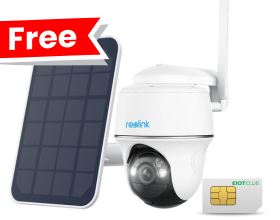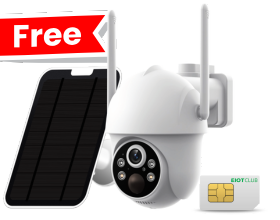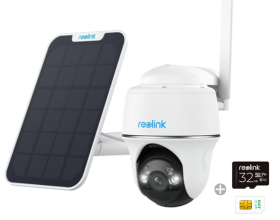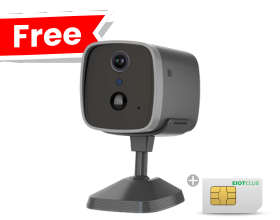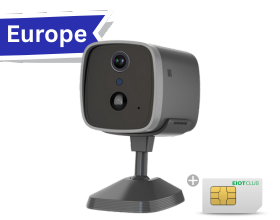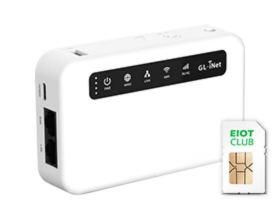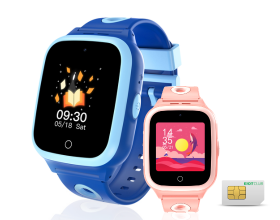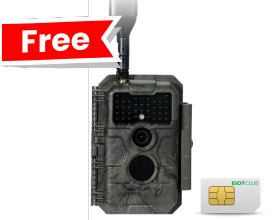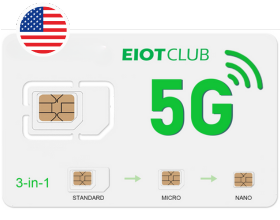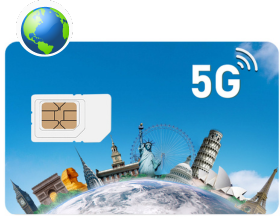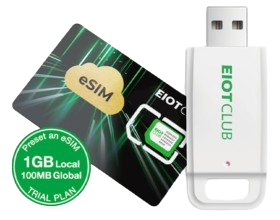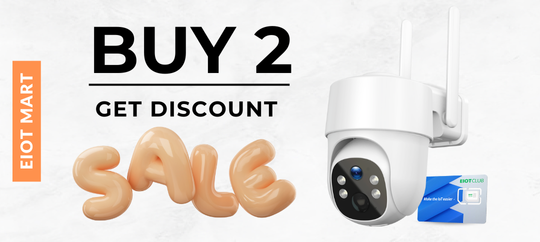10 Safety Tips for Short-Term Rentals

Introduction
Booking a short-term rental or vacation stay through Airbnb, Vrbo, or other platforms can be exciting. You get the comfort of a “home away from home” while traveling. But unlike hotels, short-term rentals often don’t have professional security systems, staff, or front desk monitoring. Travelers are responsible for their own safety and belongings.
Whether you’re staying in a city apartment, a country cottage, or a beachside rental, it’s important to prepare. With a few simple, practical steps, you can protect yourself and your belongings without overspending or setting up anything permanent.
Common Safety Concerns in Short-Term Rentals
When staying in short-term rentals, travelers often face unique safety challenges. You may arrive in an unfamiliar neighborhood without knowing how safe the area really is, and unlike hotels, rentals typically don’t come with professional-grade locks, cameras, or staff at the entrance. On top of that, most rentals lack the 24/7 emergency support that hotels provide, leaving guests to handle unexpected situations on their own.
10 Practical Safety Tips for Short-Term Rentals
Here are 10 essential safety tips to keep in mind when staying in short-term rentals:
1. Research the Area and Property Reviews
Before booking, look beyond the property photos. Check guest reviews for mentions of security, neighborhood safety, and host reliability. At the same time, research the local area—crime rates, lighting, and proximity to main streets—to make sure you’re choosing a safe location.
2. Share Your Stay Details
Let a trusted friend or family member know the address of your rental and how long you’ll be there. A quick daily check-in message provides extra reassurance for both you and your loved ones.
3. Inspect Entry Points Upon Arrival
As soon as you check in, test the locks on all doors and windows. If anything seems weak or broken, notify your host immediately. For added security, use a portable door stopper or travel door jammer—small tools that make it harder for anyone to force entry.
4. Stay Aware of Hidden Cameras
Hidden cameras in rentals have made headlines in recent years. Do a quick scan of smoke detectors, alarm clocks, and other electronic devices. Apps and detectors can help spot unusual signals, but even covering suspicious objects with a cloth or tape adds some protection.
5. Save Host and Platform Contacts
Keep your host’s phone number and the rental platform’s (e.g., Airbnb) emergency support line handy. In case of safety issues—like broken locks, suspicious activity, or an emergency—you’ll know exactly who to reach for quick assistance.
6. Use a Portable Security Camera for Peace of Mind
If you’re traveling with family or staying longer term, consider a mini 4G security camera that works without WiFi. These cameras are easy to set up, can monitor entrances or belongings, and give you remote access through your phone—putting you in full control.
4G Mini Security Camera with SIM
7. Avoid Sharing Your Real-Time Location
It’s tempting to post photos or check-ins during your trip, but sharing your real-time location on social media can expose you to risks. Wait until after you’ve left a place to post about it, so strangers can’t track your movements.
8. Lock Doors and Windows When Inside
Even if you’re just relaxing in your rental, always keep doors and windows locked. Opportunistic intruders often target properties that appear easy to enter.
9. Be Discreet About Your Belongings
When heading out, avoid leaving expensive items like cameras, laptops, or jewelry in plain sight near windows. A tidy, neutral-looking space makes your rental less tempting to opportunistic thieves.
10. Plan for Emergencies
Familiarize yourself with fire exits, stairwells, and the nearest safe meeting point. In an unfamiliar environment, knowing your escape route can save precious time in an emergency.
Conclusion
Short-term rentals and vacation homes offer freedom and comfort, but they also come with unique risks. By taking a few proactive steps and you can relax and enjoy your trip with peace of mind.
Remember: good security isn’t about spending the most money—it’s about using the right solutions that fit your lifestyle. Stay safe, stay smart, and protect what matters most.
